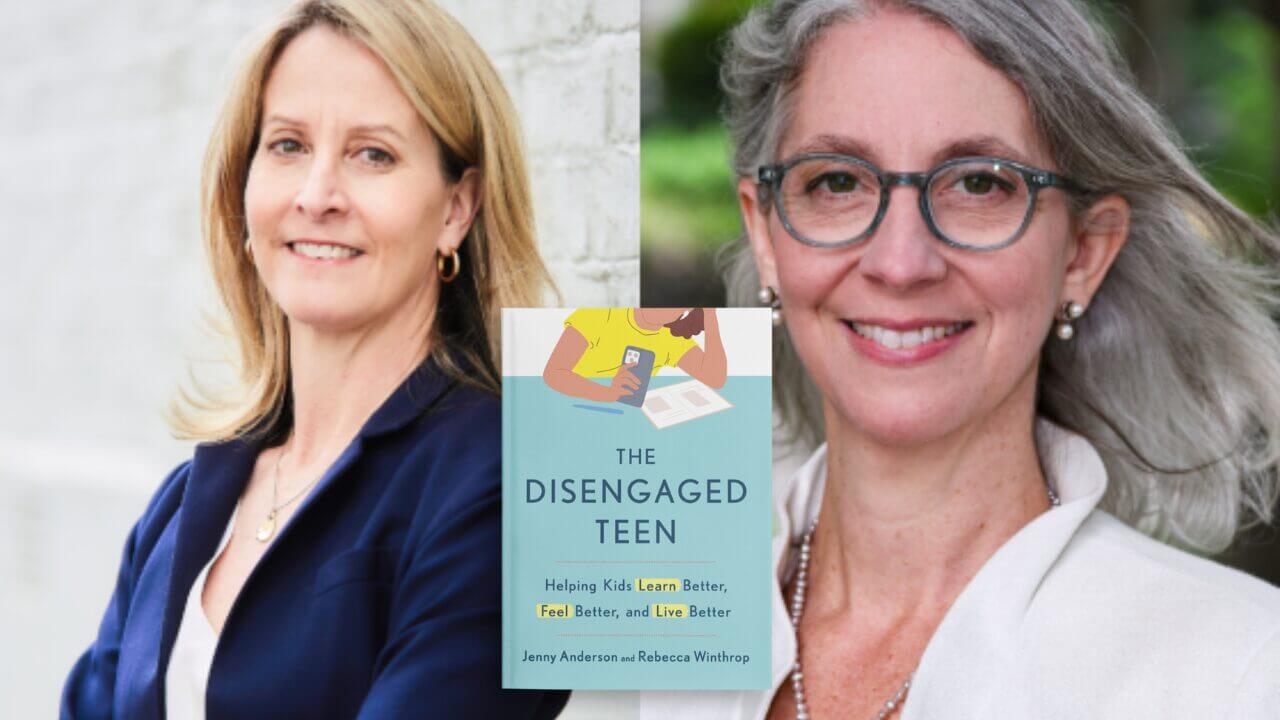In Reinventing Discovery: The New Era of Networked Science, physicist and essayist Michael Nielsen emphasizes how the internet has created the conditions for a completely open research field in which increased collaboration can help spur innovation.
Using inventive examples from a wide range of fields, including chess, math, bird-watching, and astronomy, Nielsen outlines how online tools can accelerate the rate of scientific discovery. By allowing for many voices to contribute to the work of a large project, networked science can refocus expert attention and, with the condition of a standard body of knowledge and techniques, create data-driven intelligence.
Nielsen, a member of the open science movement, wants to restructure research such that scientists benefit from sharing their data and ideas, thus allowing for increased collaboration and innovation. In doing so, Nielsen believes that we can amplify collective intelligence and reinvent discovery itself.
Leaders in education can learn from these lessons in order to improve collaboration in teaching.
Although Nielsen’s book primarily focuses on the research of natural sciences, leaders in education can learn from these lessons in order to improve collaboration in teaching. Here at Carnegie, our solution is the networked improvement community, in which networks can be used to leverage improvement science. By working together, practitioners can learn best practices, creating a network of people that work together to improve teaching and student learning. The Carnegie Foundation has used these principles in the creation of the Community College Pathways and Building a Teaching Effectiveness Network programs.
In addition, by showing how scientists must work together to create openness, Nielsen demonstrates that improvement shouldn’t be a top-down approach. At Carnegie, change doesn’t happen from an organization forcing implementation. Instead, improvement involves practitioners at every step of the process. In order for open science and improvement science to work, all involved need to contribute.
Watch the TED Talk Nielsen gave in 2011 on the importance of open science.
July 24, 2012
Carnegie's Pathways has launched several subnetworks, a team of NIC members, to work together on a specific problem, challenge, or development priority within the Network.
August 28, 2012
Paul Tough’s book “How Children Succeed” highlights the impact of noncognitive skills, like persistence, self-control, curiosity, grit and self-confidence, on student success.






